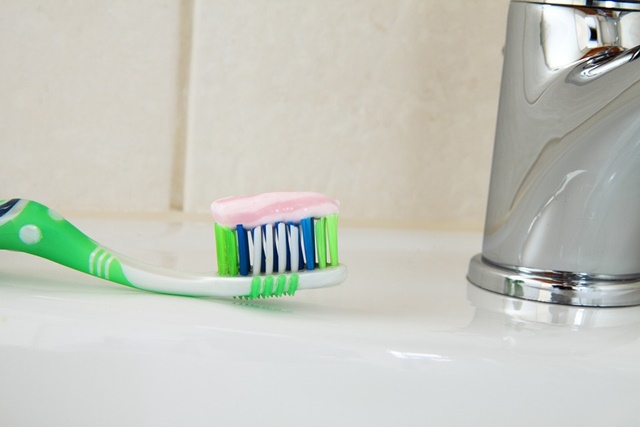Regular and rigorous at home oral hygiene care is essential not only to the health of your teeth, but also to preserve you from more serious diseases as well. During winter, our immune system is weaker than at other times of the year, and more attention is needed. What kinds of diseases can tooth decay cause? Here is a short list.

Heart disease
The connection between oral health and cardiovascular health cannot be stressed enough. The connection between them is due to the bacteria that cause periodontitis, which is the same that causes arteriosclerosis and other heart ailments. A 2013 study shows that tooth loss produces to a rise in a certain enzyme, which leads to inflammation. This inflammatory material also hardens the walls of the arteries.
Bronchitis
This problem only affects those who sleep with their dentures in, as this gives the bacteria the chance to multiply. These bacteria can cause a higher instance of bronchitis, which can be very dangerous in old age.
Pancreatic cancer
A study from 2006 showed beyond any doubt that those who suffer from alveolitis and periodontitis are a whopping 62% more likely to contract pancreatic cancer than people who do not suffer from these diseases. Bleeding gums when brushing your teeth or eating hard foods are the first sign of this disease. If you do not get it treated, the inflammation can go on for a long period of time. This inflammation will cause a rise in the nitrosamine levels of the body, which is a carcinogen.
Toxic shock in pregnancy
The teeth of expecting mothers is of vital importance, as unhealthy teeth in this condition can lead to a higher chance of toxic shock, which is dangerous to the unborn foetus.
Alzheimer’s disease
The Central Lancashire University was investigating deceased patients who have suffered from Alzheimer’s disease. They published their findings in 2013, in which they found large amounts of the bacterium gingivalis, which is directly responsible for periodontitis, in the brains of the patients. This bacterium can sometimes enter the bloodstream, especially if the teeth are neglected and infected. After reaching the blood supply, they can go to any part of the body, which is quite dangerous, especially for the brain, as these bacteria can destroy neurons, which can lead to loss of memory and mental acuity.
Depression
In 2014, the Australian Deakin University published a study, in which they were searching for a correlation between depression and unhealthy teeth. The results were quite surprising. They started with the assumption that the condition of the teeth gets worse during depression. Instead, they found that bad teeth lead to depression, and not the other way around. To put it in numbers, some 61% of those examined stated that they are suffering from regular toothaches, or have had some sort of serious oral health issue in the past year, and some 57.4% said that they think their teeth are bad.

